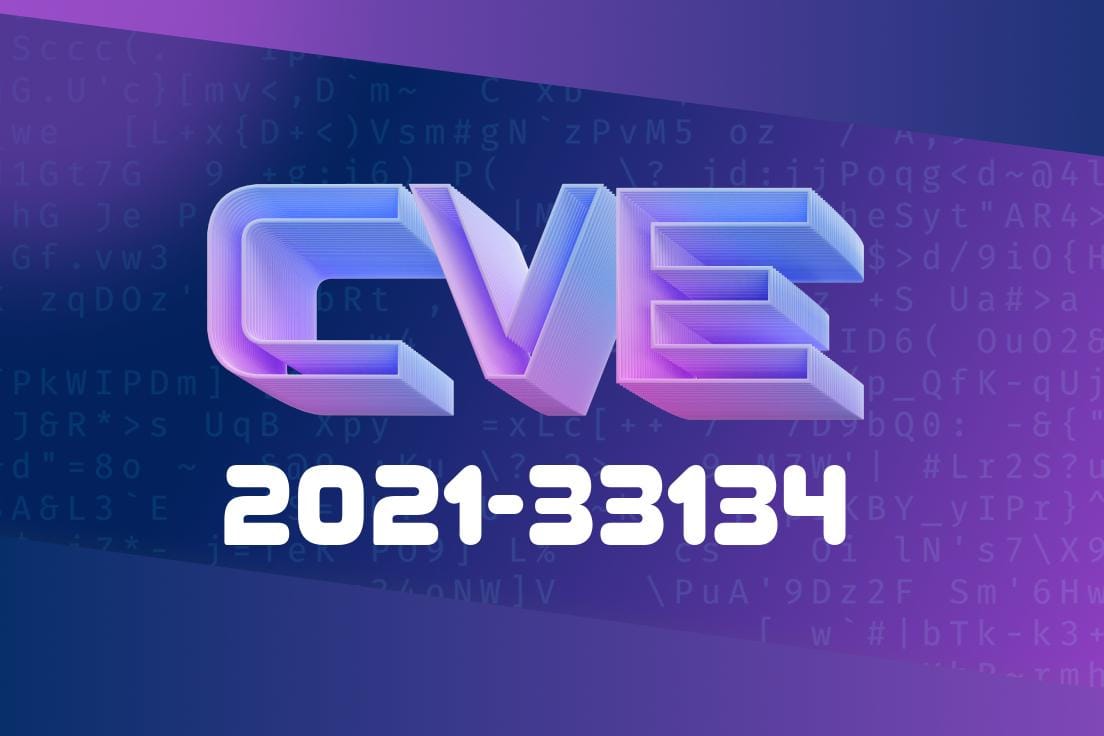Cybersecurity researchers and developers are always on the lookout for new Common Vulnerabilities and Exposures (CVEs) so they can keep systems safe. But sometimes, CVEs get assigned, only to be marked as *rejected* or *unused* later. CVE-2021-33134 is one such case. In this long-read post, we'll dig into what that means, what little info is available, and how to think about rejected CVEs in your own work.
What Is CVE-2021-33134?
CVE-2021-33134 was reserved as an identifier for a possible vulnerability in 2021. At first, some believed it was a real security issue, but after review, it was marked as REJECTED with the comment:
> "This is unused."
That’s it—no proof of concept, no affected product, no advisory, and no patch.
Let’s break down why CVEs sometimes get rejected and what happened in this case.
The Official CVE Record
Every CVE entry is listed on the MITRE CVE site. Here’s how the official entry for CVE-2021-33134 looks as of June 2024:
---
RESERVED
This candidate has been reserved by an organization or individual that will use it when announcing a new security problem. When the candidate has been publicized, the details for this CVE will be provided.
REJECTED
Reason: This candidate was withdrawn by the CVE Numbering Authority (CNA) or individual who requested it. This CVE ID was intended for an issue that was subsequently found to be not a vulnerability or not assigned and is now considered unused.
There are several reasons a CVE might be reserved and then rejected
- Mistaken Submission: Someone reports an issue that seems like a vulnerability, but later it turns out not to be. Maybe it’s just a configuration error, or expected behavior.
- Duplicate Assignment: Two different reports are discovered to be the same bug. One will get rejected.
- Unused Reserve: A CNA (CVE Numbering Authority) pre-reserves a CVE for something that never gets published, so it’s scrapped.
In the case of CVE-2021-33134, the reason is simply: "Unused." We don’t know the original submission or the intended product or bug.
What About Exploit Details and Code Snippets?
Because CVE-2021-33134 is unused and not an actual vulnerability, there’s no proof-of-concept exploit, code snippet, or workaround to share.
Still, let’s look at a common workflow when you find a rejected or unused CVE, taking an imaginary example:
Example: Checking a CVE Status in Python
If you often track CVEs, you might want to programmatically check a CVE’s status. Here’s a simple Python snippet using requests and BeautifulSoup to fetch the CVE record and print out the rejection reason.
import requests
from bs4 import BeautifulSoup
def get_cve_status(cve_id):
url = f"https://cve.mitre.org/cgi-bin/cvename.cgi?name={cve_id}";
response = requests.get(url)
soup = BeautifulSoup(response.content, "html.parser")
desc = soup.find("td", attrs={"colspan": "2"})
if desc:
print(f"{cve_id} status: {desc.text.strip()}")
else:
print("CVE not found.")
get_cve_status("CVE-2021-33134")
Output
CVE-2021-33134 status: REJECTED
This candidate was withdrawn by the CVE Numbering Authority...
This approach helps you automate checking whether a CVE is relevant to your projects. If you see "REJECTED," you can move on.
Not Every Reserved CVE Means Real Risk: A number doesn’t always equal a bug.
2. Don’t Panic Over Reserved/Rejected IDs: Until full details are available, you usually don’t need to urgently patch or investigate.
3. Track Updates from Official Sources: Always check reliable sources like MITRE or NIST NVD for CVE statuses.
Legitimate References
- CVE-2021-33134 Record (MITRE)
- Understanding the CVE Process
- CVE REJECTED Usage
Conclusion
CVE-2021-33134 is an example of a CVE that doesn’t exist as a real threat, even though it once had a number assigned. These gaps remind us to look beyond just the CVE ID: always read the advisories, validate the risk, and only take action when real details are available.
Stay vigilant, stay curious, but don’t let an unused CVE send you down a rabbit hole!
Timeline
Published on: 01/01/1976 00:00:00 UTC
Last modified on: 09/04/2025 00:40:34 UTC
